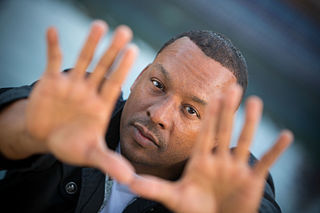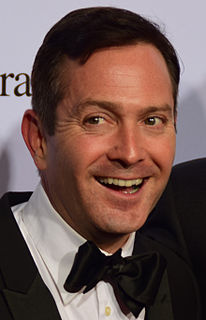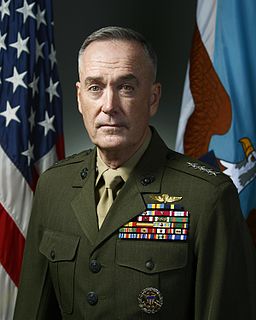A Quote by Kevin Macdonald
Despite the limitations of the bulky 16mm camera and 10-minute film magazines, 'The Anderson Platoon' feels as spontaneous and fresh as any films that have come out of the Afghan or Iraq wars.
Related Quotes
I made films with my brothers and my cousins and if any of the films ever come to fruition my career will be in ruins because the acting, writing, and directing is so unbelievably, heinously bad. We once screened one for my grandfather, this film that we had painstakingly made over a couple of days when we were all 10 years old, and he sat there and he said, "This is the worst film I've ever seen." No sympathy whatsoever.
I'm a film guy. I love it. When I read the screenplay, I knew that there would be no HD camera that could achieve the look that I wanted for this film. I wanted it to be dirty, and 16mm provides all of that with the look and the grain. That's what I worked for, and that's what I wanted, and that's how I'd seen the movie in my mind.
In terms of the film itself, there was nothing much very new about 'Star Wars.' 'Star Wars' was a trailblazer for the kind of monumentalist pastiche which has become standard in a homogeneous Hollywood blockbuster culture that, perhaps more than any other film, 'Star Wars' played a role in inventing.
I think people were not expecting us [with Robert Ben Garant] to, they were just like, "Well here come the writers," but we both were coming out of a sketch comedy background, so when we pitch a movie, we play every character in the film. You act it out, you perform it - you do a 10-minute performance of the movie.




































